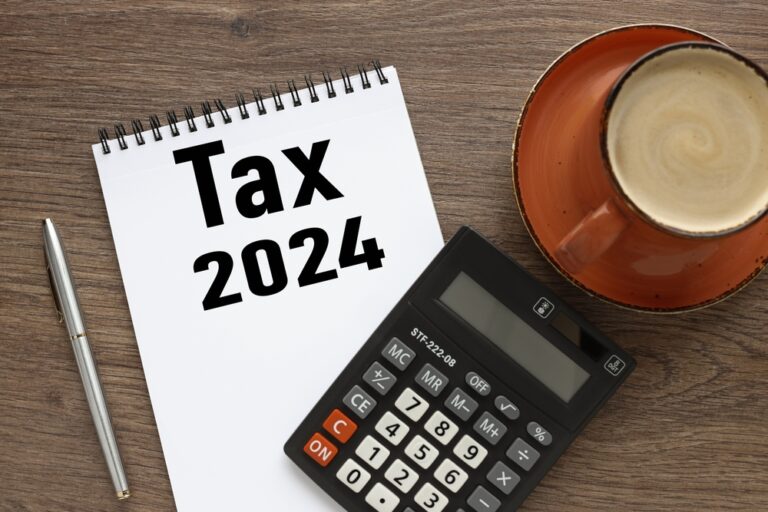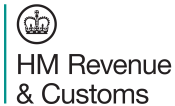Being a separate legal entity, the money within a company’s bank account belongs to that company, not the owners or directors. Tempting though it is for a business owner to help themselves to the company’s profits, they cannot do so unless it is declared as a dividend or paid as a salary or pension.
There are other ways to extract profits, such as receiving rent for using personal property or interest on a loan made to the company. Alternatively, a close company can make a loan to a director or participator (i.e., shareholder) or their families in the form of an overdrawn loan account, but there are tax consequences.
What are the tax implications of an overdrawn account?
Unless the official rate of interest (2.25% from April 2023) is charged on the loan, a director (like an employee) is subject to income tax on a cheap loan over £10,000 as a benefit-in-kind. Class 1A National Insurance contributions (NICs) will also be payable by the company on the value of the benefit.
The company is required to pay a deposit of 33.75% (under CTA 2010, s 455) on these amounts loaned to participators that remain overdrawn nine months and one day after the company’s accounting period; once the loan is repaid or written off, those section 455 monies are returned.
How is an overdrawn loan repaid?
Usually, if the director is also a participator, a dividend is declared and offset against the loan balance. If the director is not a shareholder, a bonus can do the same thing; for both, however, there are income tax implications for the individual on these monies. The loan can, of course, be repaid using personal funds.
The company could write off the loan. A director who is not a shareholder will be subject to income tax and NICs on the value of that loan; a participator will be treated as having received a dividend on the value of the write-off. If the participator is also a director, the written-off value will be treated as a dividend, but there is a possibility that HMRC may insist upon Class 1 NICs being charged on the write-off on the basis that it was made in the individual’s capacity as a director, rather than a shareholder, their argument being that it is remuneration derived from employment (per HMRC’s Company Taxation Manual at CTM61660). Such write-offs, therefore, need to be carefully minuted and made as part of a shareholders’ resolution and not as a reward to an individual director.
What about loan accounts being subsequently overdrawn again?
Once the loan is repaid or written off, and a company’s section 455 amounts have been repaid and the slate wiped clean, further loans can be made to participators.
However, since 2013 ‘bed and breakfasting’ anti-avoidance rules apply to restrict the repayment of a company’s section 455 charge if new loans are subsequently taken out. Loans of £5,000 or more taken out within 30 days of repayment will lead to the section 455 repayment being rendered ineffective. A participator could hang on for more than 30 days before taking out this new loan, but the restriction also applies to loans of £5,000 or more where there had been a pre-existing ‘intention or arrangement’ to take out any further loans after the repayment of a £15,000+ balance.
These bed and breakfasting restrictions do not generally apply where the initial loan is repaid with taxable income (i.e., through dividends or bonuses).





